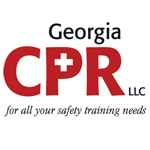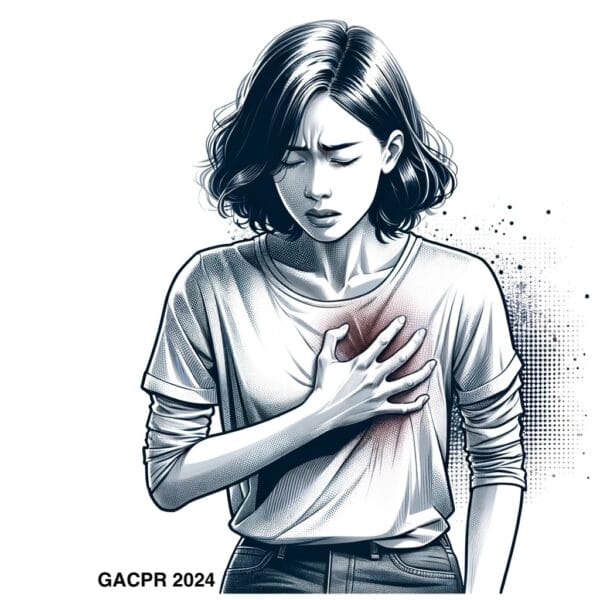- Fact: Women deny they are having chest pain
- Fact: Women have different signs of heart attacks
- Fact: Doctors take women less seriously
These unfortunate facts blend together into a perfect storm making heart attacks the number one cause of death for women in the United States.
A large part of teaching CPR classes is busting myths we pick up from our daily lives, and mostly from the media. A large myth about heart attacks is that victims are always old big guys. In all seriousness, this is a huge myth. Sudden cardiac arrest and a cot in the heart can strike anyone, anytime and of course, anywhere. What is especially disconcerting is that women having heart attacks can have symptoms that are different and quite elusive.
According to the American Heart Association, women can certainly have the usual chest pain, and pain in the left shoulder or arm while suffering from a heart attack. The problem is that many times, women will deny they are having any trouble at all. Attacks are often misinterpreted by women who just think they aren’t at risk. Indigestion is most often the reported symptom of heart problems for women.
Besides denial, the following off-the-radar symptoms can be present in women suffering Heart Attacks:
- Pain in both arms
- Pain in the back, like a stitch or pulled muscle between the shoulder blades
- Radiating pain in the neck or jaw
- Pain or discomfort in the stomach
Women commonly raise their hands in CPR class and comment that they could experience any of those symptoms anytime! I believe them, and that’s what makes this so concerning.
My advice is that if you have these symptoms along with feeling faint, fatigued, experiencing a cold sweat or simply feeling “Fluish” or really off, take it seriously.
The following steps are important if you think you are having a heart attack:
- Call 911
- Chew an aspirin which can reduce the chance of death
- Make sure you are taken seriously
Differing symptoms experienced by women having heart attacks contributes to them being the number one cause of death for women in the United States. If you are a woman, be empowered to seek the help you need should you think you are having a heart attack.


